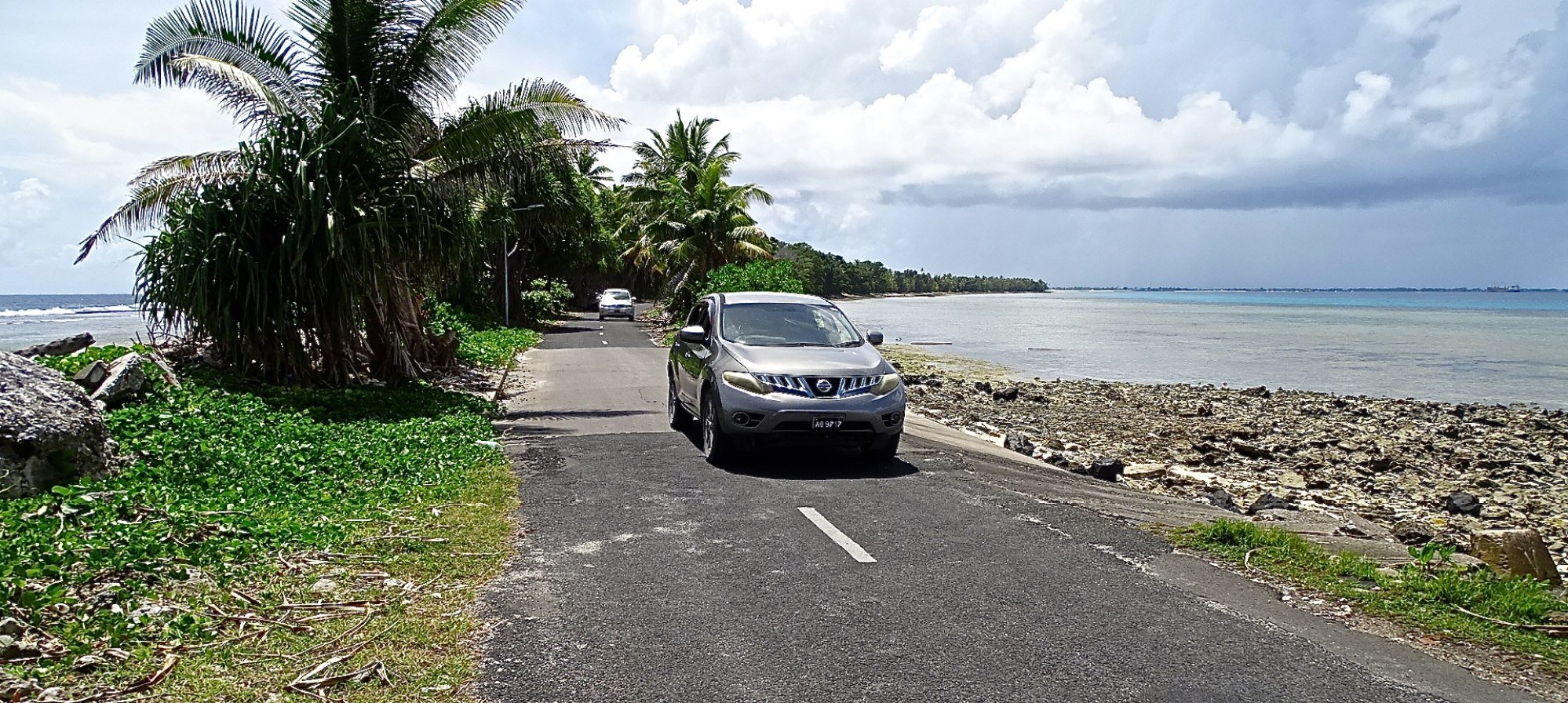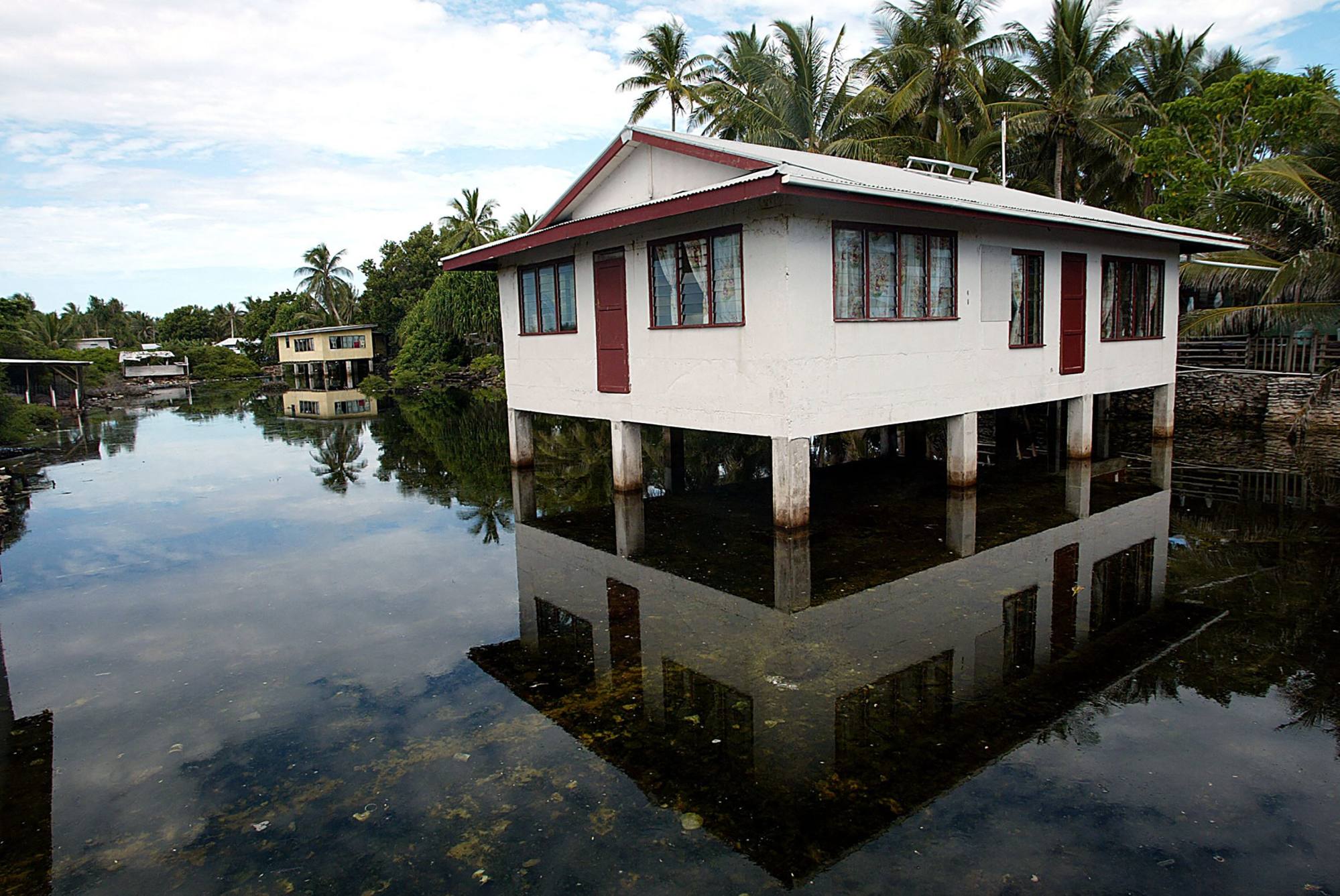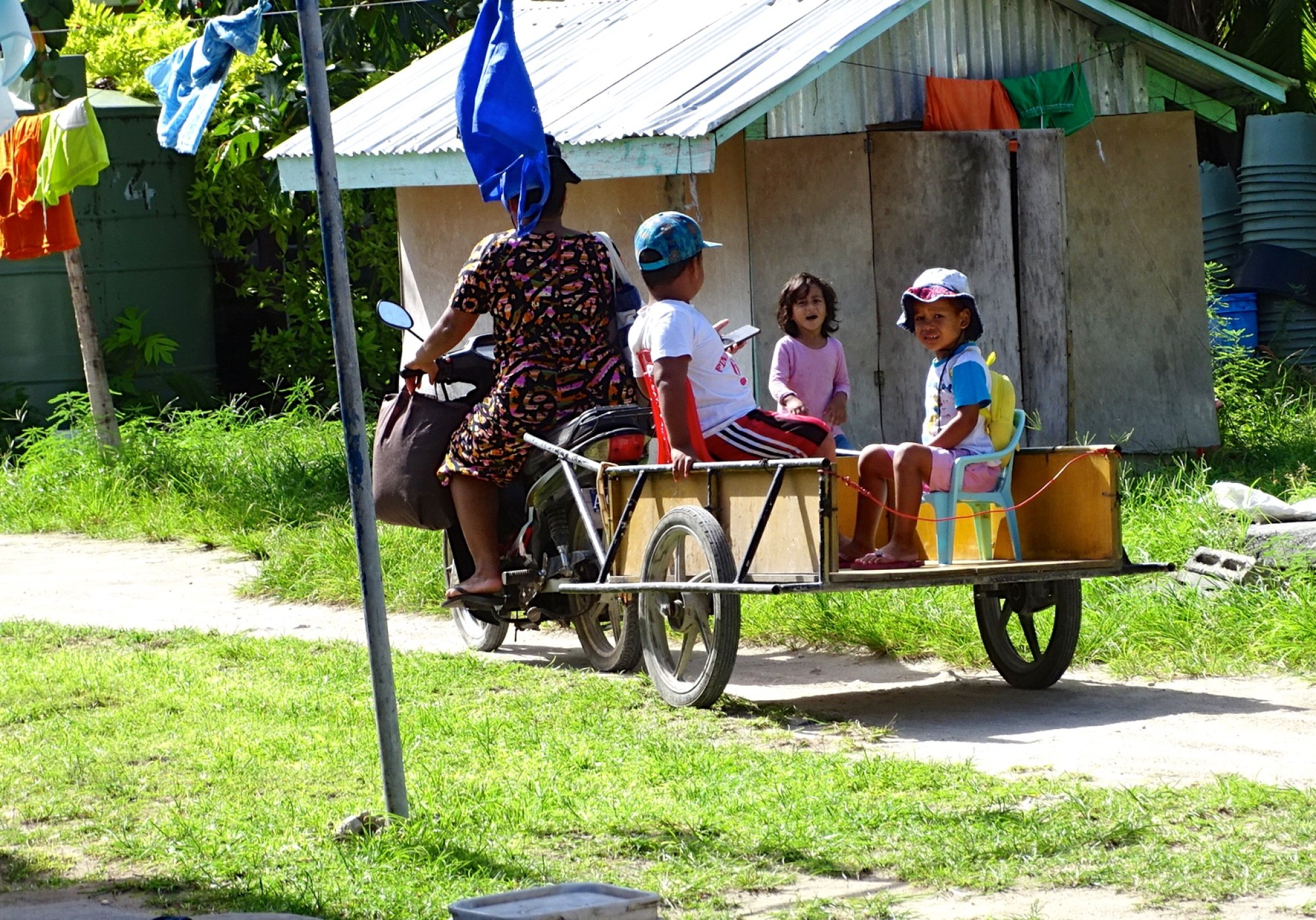Australia-Tuvalu treaty sparks migration fears, threat to sovereignty amid climate battle
Tuvalu is one of only four Pacific nations that have diplomatic relations with Taiwan, with critics saying Australia is using this vulnerability to hammer out a deal that has been described as a military pact disguised as a climate change response.
The deal, apparently struck in private between both sides, was announced by Australian Prime Minister Anthony Albanese and his Tuvalu counterpart Kausea Natano at the conclusion of the 52nd Pacific Islands Forum (PIF) summit in the Cook Islands on November 10, surprising other PIF members.
Tuvalu gets climate win in new Australia pact, but it comes with a ‘trade-off’
Natano described the agreement “as a beacon of hope [and] a milestone” to bring “regional stability, sustainability and prosperity”, while Albanese noted: “This is a groundbreaking agreement” where “Australia acknowledged that we are part of the Pacific family”.
Up to 280 Tuvaluans per year will be granted a yet-to-be-specified new visa, which will allow them to “live, work and study” in Australia under the agreement. In return, Tuvalu has agreed it will not enter into defence – or even trade – pacts with any other countries without Australia’s approval. Canberra has agreed to defend Tuvalu from any foreign “security” threats – where security is broadly defined as even covering infrastructure and development projects.

‘I don’t know what Australia is doing’
The agreement seems popular with young people eager to start a new life in Australia. One such person in his 30s, who recently resigned from a public service job to qualify to go to Australia, told This Week in Asia that the cost of living in Tuvalu was rising daily, but his salary remained the same.
“So we want to try a new life,” said the man, who did not want to give his name, adding that he had noticed the weather was becoming warmer.
Retired civil servant Seleta Taupo, who was born and raised in Tuvalu, told This Week in Asia that she had noted a “big change in lifestyle” on the island nation, with the beaches and coconut trees on the coast gone and the sea “[reaching] our main road”.
“But this should not be an excuse for young, educated people, to abandon the country. Now a number of people have resigned from civil service because visas are only for those unemployed. If they are employed, they can’t go,” Taupo said.
“It’s very sad for me because we need people to be here to continue to work with the government or NGOs to help out people here. I don’t know what Australia is doing.”

Taupo voiced concern about the trend of Tuvaluans heading to Australia. “I’m scared about this. I know how they treat aborigines …. I’m not happy [about us going there],” she said.
In an interview with This Week in Asia, Reverend Fitilau Puapua, president of Tuvalu Christian Church, said his congregation was trying to raise awareness of the pros and cons of migrating.
“They learn from church that [even after] relocating and migrating, they will face other problems, such as culture shock and identity issues,” he added. While not wanting to touch on politics, he said the “problem is that we are not given an opportunity to say something [about the Union]”.
Landmark climate refuge deal allows Tuvaluans to live and work in Australia
This was also a complaint voiced by community health worker Milikini Failautusi and Vasa Saitala, president for Pacific Women in Maritime (Tuvalu).
“Citizens haven’t been consulted on that deal. For a good leadership, they have to first present to the community to say what they think. I do not agree with the government giving part of our sovereignty to Australia,” Failautusi said.
Saitala, who spent four years studying in Australia, agreed that there was no attempt at consultation by the government.
“I feel we don’t want to leave our country. We want to make it better,” said Saitala, adding that she understood the problems of Tuvaluans if they migrated, such as settling into a different lifestyle and the difficulties of reaching the high standards of living the young aspire to.

The government on November 24 passed legislation to smooth the way for the Union agreement to be implemented before parliament was dissolved for a general election on January 24. The opposition has indicated that it will review it and have a consultation process with the public. However, some in Tuvalu think the legislation was bulldozed through parliament because of its popularity among young people, who may return the government to power.
“For older politicians it is a headache, but the young are very demanding. They say if we cannot provide them with a good life they will go,” a former politician who is planning to run for parliament again told This Week in Asia, requesting anonymity.
“If all the young people go, who [is] going to support the older generation?” he asked. “We don’t have that choice to go. We are rocking the boat and may be making the region nervous.”